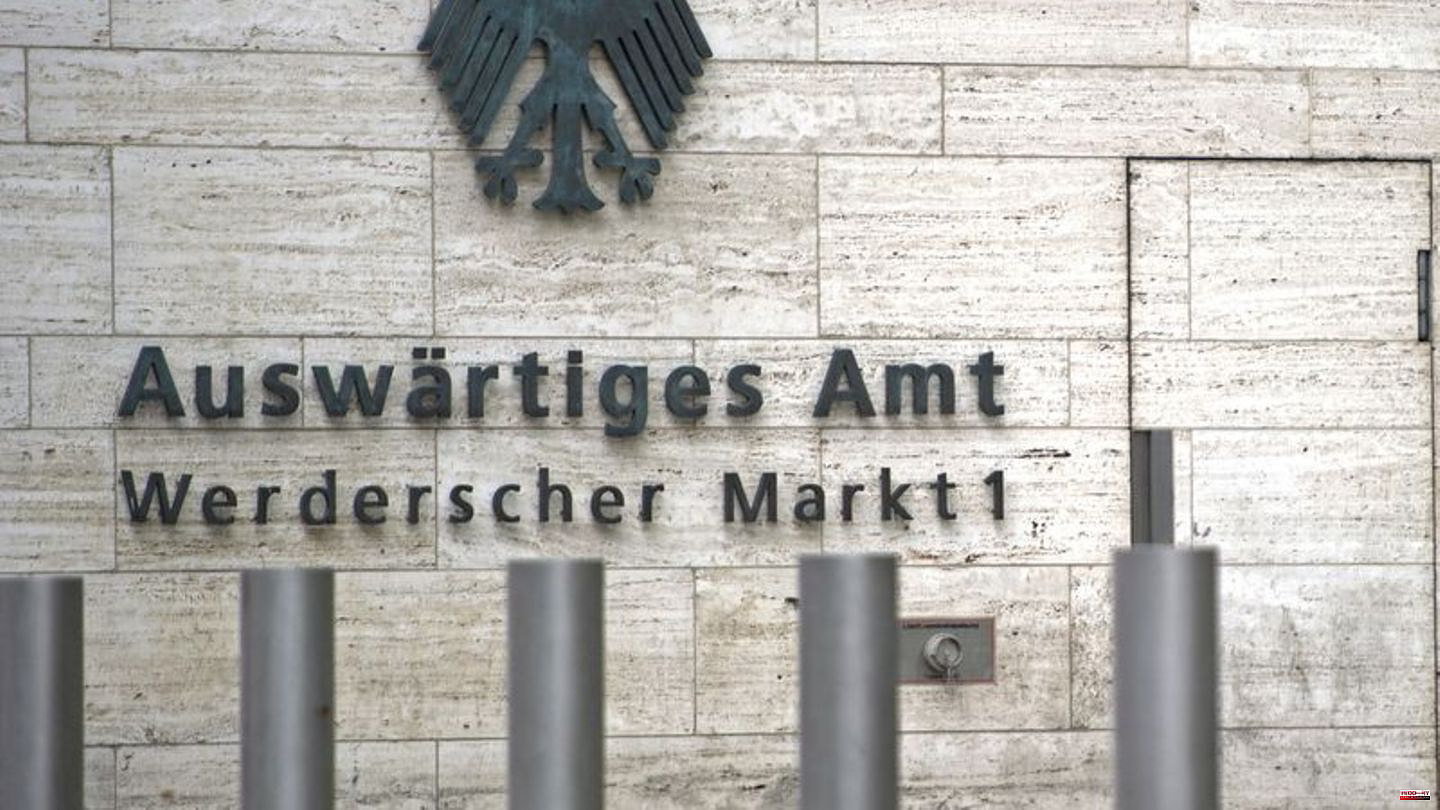In response to the death sentence passed by a court in Tehran against German-Iranian Djamshid Sharmahd, the German government has expelled two Iranian diplomats. This was announced by Foreign Minister Annalena Baerbock (Greens) in Berlin.
A revolutionary court had held the 67-year-old Sharmahd responsible for a terrorist attack, among other things, as the justice portal Misan announced on Tuesday.
"We call on Iran to revoke the death sentence"
Baerbock explained that she had summoned the charge d'affaires of the Iranian embassy in view of the death sentence. Such an appointment is considered a sharp diplomatic device. The chargé d'affaires had been informed "that we do not accept the massive violation of the rights of a German national," the foreign minister said. As a result, the federal government declared two members of the Iranian embassy to be undesirable and asked them to leave Germany at short notice.
Baerbock emphasized again: "We call on Iran to revoke the death sentence for Jamshid Sharmahd and to allow him a fair and constitutional appeal process."
Tehran blames Sharmahd for terrorist attacks
The Iranian judiciary also blames Sharmahd for planning several terrorist attacks. The court also charged him with cooperation with foreign secret services. The allegations cannot be verified. Death penalty in Iran is usually carried out by hanging.
In Germany, CDU leader Friedrich Merz had also sharply criticized Sharmahd's death sentence. This is an affront, Merz wrote on Twitter. "He didn't have a lawyer he trusted and the German embassy had no consular access." Merz announced in early January that he would take over Sharmahd's political sponsorship.
Tehran imposes counter-sanctions
After new EU sanctions against Iran for serious human rights violations related to the recent wave of protests in Iran, Tehran imposed counter-sanctions on Tuesday - including against members of the Bundestag. According to the Iranian Foreign Ministry, 23 people and 13 organizations have been placed on a sanctions list. The members of the Bundestag Renata Alt (FDP), Roderich Kiesewetter (CDU) and Michael Roth (SPD) are affected. You recently made critical comments about Iran. The punitive measures include entry bans and the freezing of possible assets in Iran.
The new EU sanctions decided on Monday affect 32 people and two organizations. In addition to prison directors, prosecutors and judges, Iran's culture minister Mohammed-Mehdi Esmaeili and education minister Yussef Nuri were also put on the sanctions list.
The trigger for the nationwide protests in Iran was the death of the Iranian Kurd Jina Mahsa Amini. She died in police custody on September 16 after being arrested by the Morality Police for breaking the Islamic dress code. The protests against the repressive government and the Islamic system of rule have plunged the political leadership into one of the most serious crises in decades.












